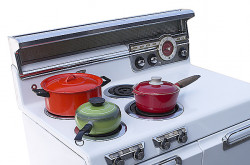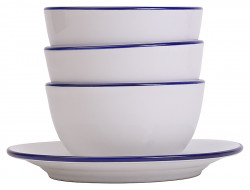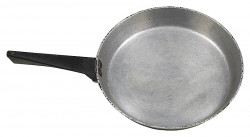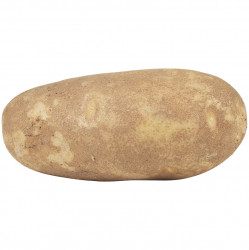Vocabulary
Here are the words from the story and some more on the same topics.
The vocabulary lists always show:
- the word, singular and plural
- the pronunciation
- the part of speech
- the definition
- an example
Sometimes you also find synonyms or antonyms:
- A synonym is a word that has the same meaning.
- An antonym is a word that has the opposite meaning.
At the end of each list, you can practise the words with our vocabulary trainer. First, choose the information that you want to be displayed. Then choose if you want to enter the word or the translation. Press "start" and write the solution into the box. Finally, press "enter" to get feedback.
Wortschatz
Hier findest du die Wörter aus der Story und noch einige mehr zu den selben Themen.
Die Vokabellisten zeigen immer:
- das Wort, Einzahl und Mehrzahl
- die Aussprache
- die Wortart
- die Definition
- ein Beispiel
Manchmal findest du auch Synonyme oder Antonyme:
- Ein Synonym ist ein Wort mit der gleichen Bedeutung.
- Ein Antonym ist ein Wort mit der gegensätzlichen Bedeutung.
Am Ende jeder Liste kannst du die Wörter mit unserem Vokabeltrainer üben. Wähle zunächst, welche Information du angezeigt bekommen möchtest. Dann entscheide, ob du das Wort oder die Übersetzung eingeben willst. Klicke "start" und schreibe die Lösung in das Eingabefeld. Dann drücke "Enter", um Feedback zu bekommen.
In this unit you learn words from the following categories:
In dieser Unit lernst du Wörter aus den folgenden Kategorien:
Wörterliste: Basic vocabulary
-
Übersetzung anzeigen
Übersetzung:- Feier
-
Details anzeigen
-
Homonym:a political group considered as a formal whole, united under one specific political platform of issues and campaigning to take part in government
-
-
Übersetzung anzeigen
Übersetzung:- leihen
- ausleihen
-
Übersetzung anzeigen
Übersetzung:- Gelegenheit
-
Details anzeigen
-
Synonym(e):chance
-
Anzeige / Eingabe anpassen
Tastatur-Shortcuts: Enter: Auswerten / Zur nächsten Abfrage | Alt+1: Tipp | Alt+2: Lösung
Wörterliste: Things in the kitchen
Bild anzeigen
 imgserver-30-6584445
imgserver-30-6584445-
Übersetzung anzeigen
Übersetzung:- Kühlschrank
-
Details anzeigen
-
Synonym(e):fridge
-
Bild anzeigen
 imgserver-30-2333689
imgserver-30-2333689Bild anzeigen
 imgserver-30-2322753
imgserver-30-2322753-
Übersetzung anzeigen
Übersetzung:- Geschirr
Bild anzeigen
 imgserver-30-2323386
imgserver-30-2323386Bild anzeigen
 imgserver-30-2323643+2
imgserver-30-2323643+2Bild anzeigen
 imgserver-30-2323643+3
imgserver-30-2323643+3Bild anzeigen
 imgserver-30-3282345
imgserver-30-3282345
Anzeige / Eingabe anpassen
Tastatur-Shortcuts: Enter: Auswerten / Zur nächsten Abfrage | Alt+1: Tipp | Alt+2: Lösung
Wörterliste: Food
Bild anzeigen
 imgserver-3-5084540
imgserver-3-5084540Bild anzeigen
 imgserver-3-4646832
imgserver-3-4646832-
Übersetzung anzeigen
Übersetzung:- Salat
Bild anzeigen
 imgserver-3-2505373
imgserver-3-2505373-
Übersetzung anzeigen
Übersetzung:- Pizza
Bild anzeigen
 imgserver-3-6787067
imgserver-3-6787067
Anzeige / Eingabe anpassen
Tastatur-Shortcuts: Enter: Auswerten / Zur nächsten Abfrage | Alt+1: Tipp | Alt+2: Lösung
Anzeige / Eingabe anpassen
Tastatur-Shortcuts: Enter: Auswerten / Zur nächsten Abfrage | Alt+1: Tipp | Alt+2: Lösung
















